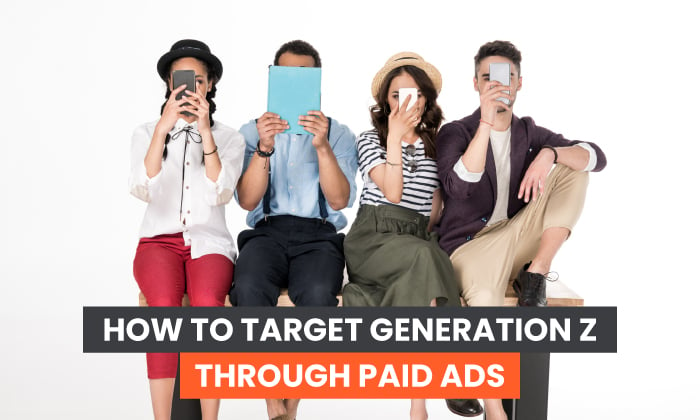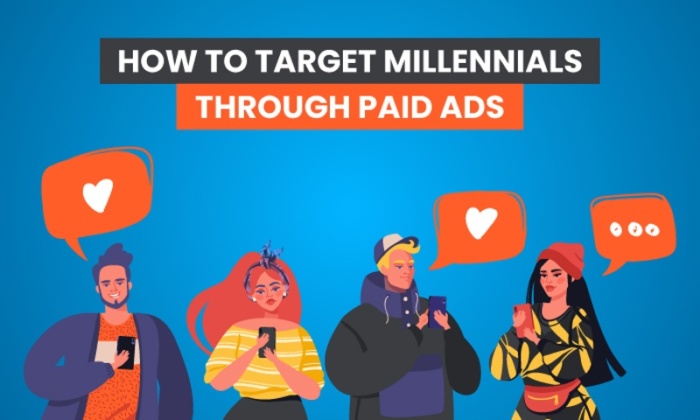How to Target Generation Z Through Paid Ads

By Neil Patel
Because the oldest Gen Zers are reaching an age where they can make their own purchasing decisions, you have a whole new audience you can target with your paid ads.
Search interest in Gen Z has climbed so high that as of March 2021, searches for Generation Z surpassed searches for baby boomers and millennials.
In order for your ads to be successful, you need to understand the demographics and characteristics of Gen Z so you can tailor your campaign accordingly.
The ages of those considered to be in Generation Z vary by source.
To add to the confusion, there’s also different terminology used to describe them. While the name “Gen Z” appears to have stuck, this generation of young consumers is sometimes also known as the Zoomers, in contrast to baby boomers.
For this article, I’m using the definition from Pew Research Center, which categorizes anyone born from 1997 to 2012 as part of Gen Z.
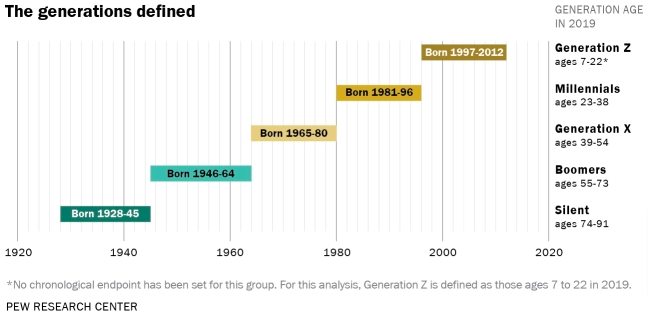
What Is Unique About Generation Z?
Just as baby boomers were defined by the postwar world, Gen Zers have their own unique characteristics tied to the age they were born.
For starters, they’re the first generation to grow up with access to technology throughout their lives. In 1995, two years before the first Zoomers were born, just 44.4 million people worldwide used the internet. By 2000, that number had climbed to 413 million, before roughly doubling every five years up until 2015.
The oldest Gen Zers turned 10 in 2007, the year Apple launched its first iPhone. They’ve pretty much always had access to social media, with the first social platforms starting to gain traction in the mid-noughties.
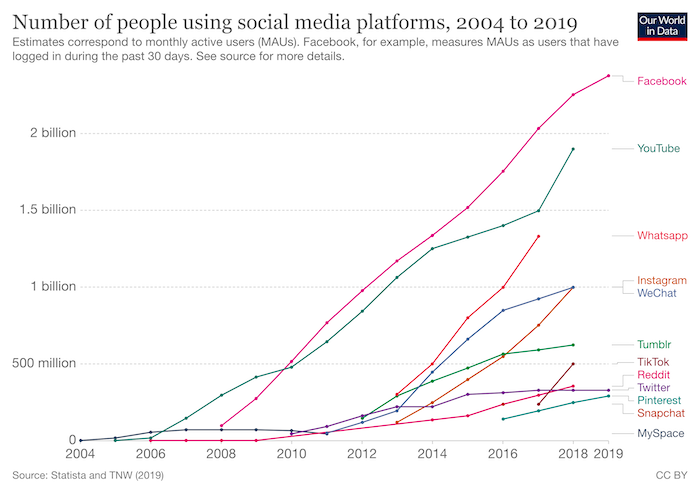
Generation Z isn’t just unique because they’re digital natives.
They’re the most diverse generation in history. Just 52 percent of US Gen Zers are white, and almost one-quarter have at least one immigrant parent (compared to one in seven Millennials).
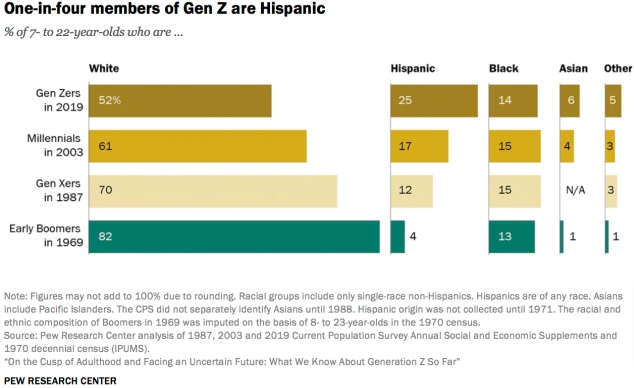
What’s more, despite the growing cost of college tuition, Gen Z are better educated than earlier generations. Of 18 to 21-year-olds who weren’t in high school in 2018, 57 percent were in college, compared to 52 percent of Millennials in 2003, and 43 percent of Gen Xers in 1987.
Perhaps as a result of their educational exploits, they’re also less likely to work in their teens and early 20s:
- Only 18 percent of Gen Zers aged 15-17 in 2018 were employed, compared to 27 percent of Millennials in 2002, and 41 percent of Gen Xers in 1986
- 62 percent of adult Gen Zers aged 18 …read more
Source:: Kiss Metrics Blog

